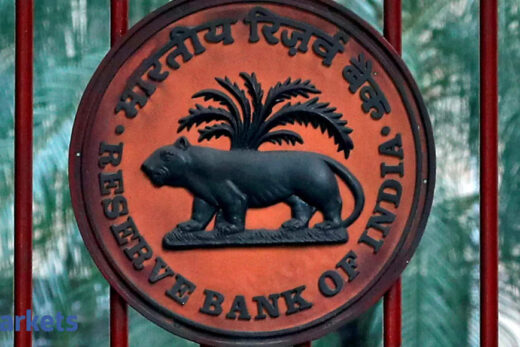As a result, many people who had bought health insurance policies in the hope that it would help them financially during such medical emergencies, are now left in the lurch. This is because most existing mediclaim/indemnity type health insurance policies do not cover standalone domiciliary hospitalisation i.e. medical treatment at home. Some policies do cover pre and post hospitalisation home care but in order to claim this, hospitalisation of the patient for a specified time period – usually 24 hours – is a must.
Consequently, patients who are being forced to settle for medical treatment at home due to scarcity of hospital resources, will not be able to claim insurance reimbursement for such home care howsoever justifiable it may be. Such patients are getting medical treatment at home through video and phone calls and medicines and oxygen, ventilators via private suppliers. This is a double whammy because not only patients are having to run from pillar to post and pay highly inflated prices for the medical resources in short supply, but their health insurance will also not pay for these in most cases.
As clarified by the insurance regulator, Insurance Regulatory and Development Authority of India (IRDAI) last year, illness due to coronavirus infection is duly covered under standard comprehensive indemnity/mediclaim type health plans. However, the problem is that the policy only kicks in after minimum hospitalisation requirement, which is often for 24 hours. In cases of home treatment due to unavailability of hospitals beds, such patients are unable to meet this criterion to claim reimbursement from their insurers.
Going strictly by the terms of the policy, insurers may not be legally wrong in denying the claim unless it meets the hospitalisation condition. However, it is equally right that nobody could have imagined earlier that such a situation would arise where finding hospital beds would become almost impossible. Should policyholders, then, be penalised in this way for this unforeseen eventuality? Technically speaking too, the condition of 24 hours hospitalisation presumes that hospital beds would be available on demand which is not the case in the current pandemic.
The insurance industry should take into account the above unforeseen situation and also the huge stress being faced by policy holders who are unable to claim medical insurance for no fault of their own. It is to be noted that the insurance industry is largely based on the trust of the policyholders and this tragedy, if not managed well by IRDAI, will shake this faith of policyholders. The regulator should intervene and do all it can to restore the faith of the policyholders.
The industry must decide to rise above the occasion by honoring reimbursements for such domiciliary (at home) treatments. The rising number of claims may impact the profitability of insurance companies in the short run, but it will give rich dividend in the long run if it acts on good faith – more people are likely to buy medical insurance and existing policy holders are likely to feel incentivized to increase their coverage. The regulator may also do well to find a mechanism for insurers to help such policyholders.
(The views expressed by the author are personal.)



